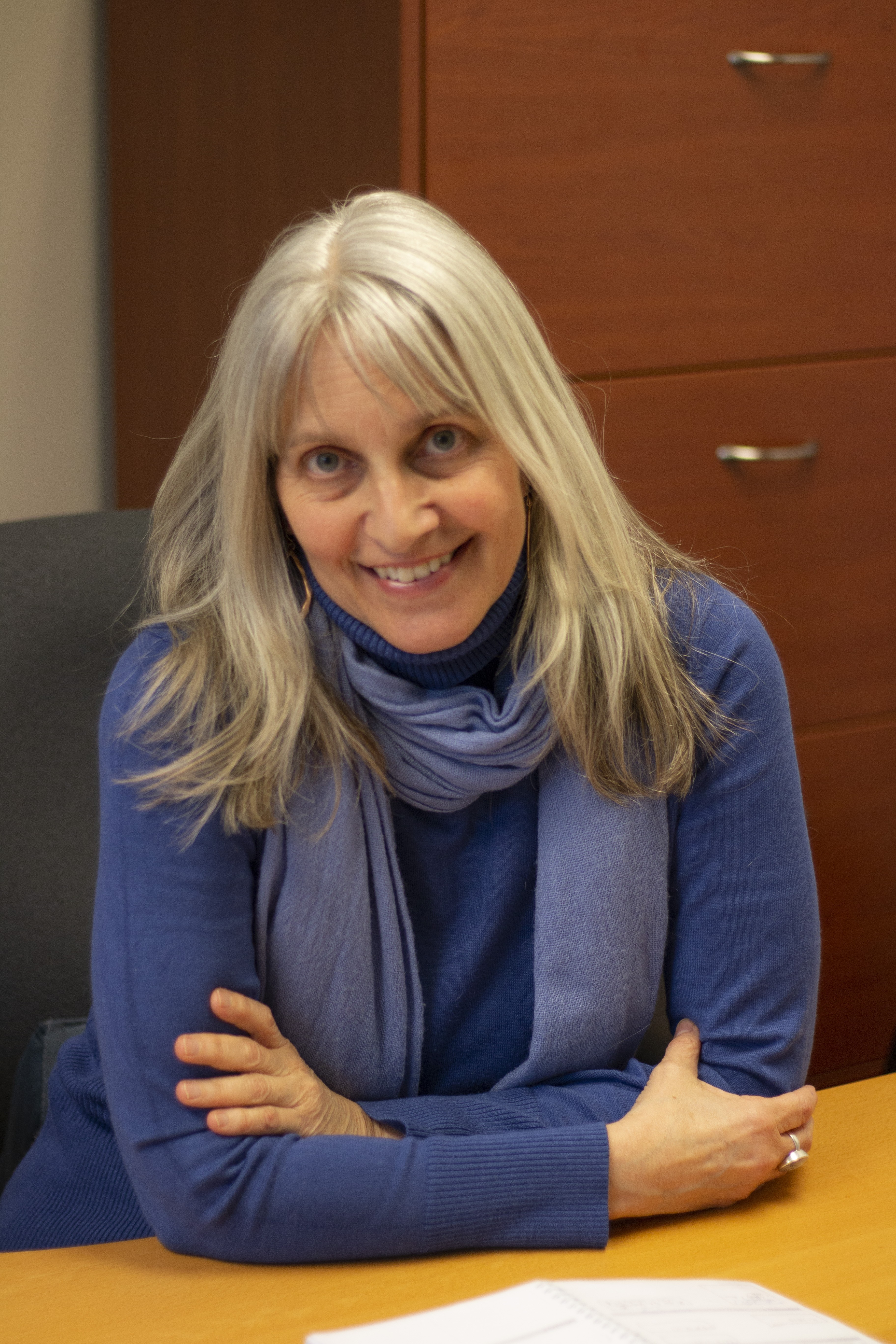Professor Catherine Sama actively advocates for gender equality. |Photo by Grace DeSanti.
“I’m part of a generation of women and academics in Italian studies who have really changed the face of 18th century writing and literature in terms of gender,” Catherine Sama, an Italian and film professor at the University of Rhode Island said. “We collectively focus on different individuals and have really made a difference together.”
Sama is a public advocate for gender equality, having researched and published numerous academic pieces throughout the course of her career. She achieved a degree in French with a minor in Italian from the University of Virginia, and later earned a Ph.D. in Italian Studies from Brown University.
“When I was a graduate student at Brown University in the Italian studies program, I decided to write my dissertation on one of Italy’s first female journalists and publishers,” Sama said. “She was from Venice, she lived there the second half of the 18th century. Basically her letters and her journals are in Venice, and other places in Italy.”
Sama first became interested in Gender and Women’s Studies during her semester abroad in Italy. Having mastered the language, she became interested in reading and researching the women of the 17th and 18th centuries. After uncovering some of their journals, she worked towards decrypting and translating the script writing.
However, due to a lack of information surrounding her subjects, she realized she would have to go through other means to uncover the truth. It was because of this that she was able to link the women to the men in their lives at the time, subsequently unearthing more information about women during this time period.
“One interesting thing I found is that these women were forgotten by history,” Sama said. “They were very famous in their lifetime, to find this information is difficult because you have to go through the men in their lives too.”
To Sama, it’s important that her students and the people surrounding her know that the same issues that are being brought up about gender inequality today persisted then, as well. Sama believes that through her work and findings, she will be able to change this. By restoring a voice to women who were silenced by history, Sama exposes the inequality women face. By bringing this to light, women will be able to understand their positions and relate it to themselves.
“I remember standing in my parents bedroom in the house where I grew up and I looked at all my books on the shelf and just realized that just about every one of them was written by a man,” Sama said. “I had never thought of that before and it just flipped a switch for me. I asked myself, what’s wrong with this?”
Sama has been quite successful in her journey since starting her work. She has various publications and even has her own Wikipedia page. In fact, her page showcases the achievements and honors she has been presented with throughout her career.
When asked about her Wikipedia page, Sama had this to say, “I didn’t even know that was there! Wow, I just had no idea.”
Sama credits the women of 17th and 18th century Italy as her sole focus. She believes uncovering the lost journals of these women bring new information to the public that furthers and expands her studies. Sama also believes these women were trailblazers.
“What I’m most proud of is having tracked down and pulled together lots and lots of different materials and having been able to reconstruct a world around these female figures,” Sama said. “In a small way, giving new dimensions and collectively bringing women’s contributions into a new light.”
Regardless of the expenses, Sama enjoys traveling back and forth between Italy and the United States. When in Italy, she mostly focuses on her work, but also tries to spare time for some of the long-time friends she has acquired throughout her journey.
In the future, she hopes to continue her work. She has dedicated a good portion of her life and does not plan on stopping anytime soon. In fact, she helps to diverge into new directions of her career.
“Right now I am working with Stanford University on a digital database that allows us to manipulate different information about all the different travelers in the 18th century who visited these women’s studios,” Sama said. “I’m working in digital humanities and they’re going to make this open to the public this summer, if everything goes to schedule.”
Sama wishes to leave an important message for those who may be weary of their career choices. Where there may be obstacles, Sama encourages those struggling to keep pushing.
“When I started I was in this program and there was a darkness. But you can make a difference, it’s not easy and if you don’t have a role model, you need to persist,” Sama said. “You have to find your allies and other people that are interested in the same thing as you and work collaboratively.”

